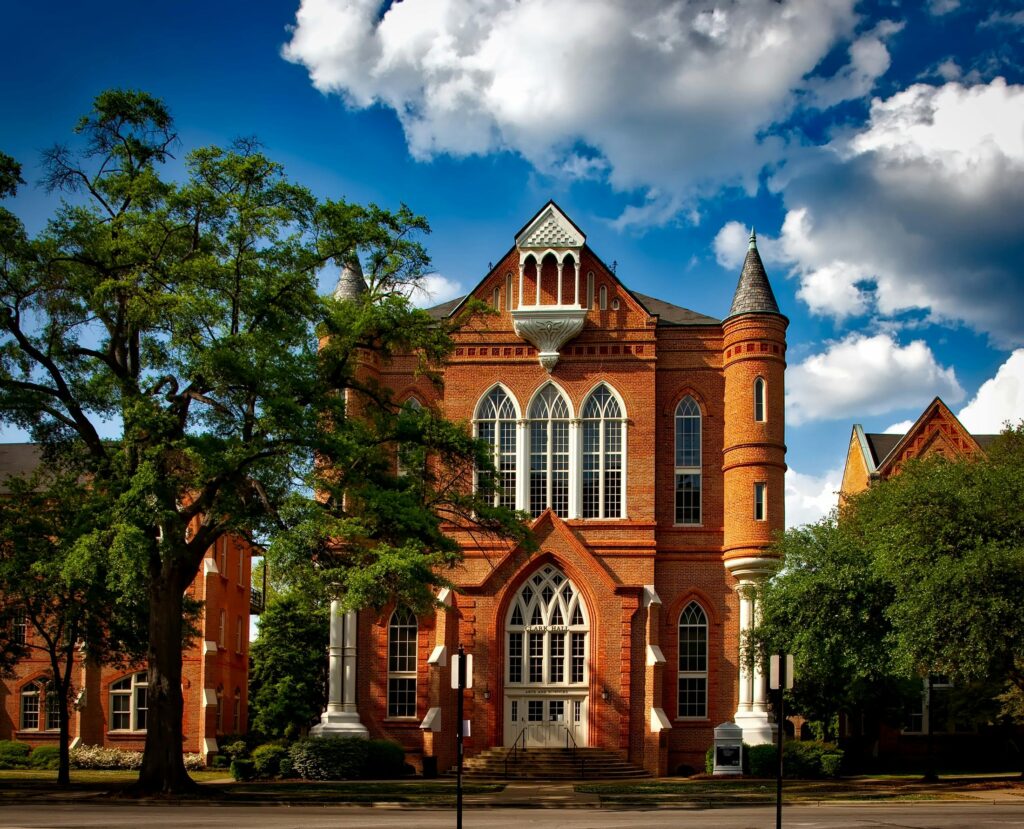The Trump administration has officially revoked Harvard University’s permission to admit new international students. On Thursday, the U.S. Department of Homeland Security (DHS) announced it had withdrawn Harvard’s certification under the Student and Exchange Visitor Program (SEVP). This move comes after an ongoing investigation into the university’s handling of foreign students and other serious allegations.
As a result, Harvard can no longer enroll new foreign students. Current international students face uncertainty. They must transfer to other institutions or risk losing their legal residency status in the United States. This decision affects thousands of students who rely on Harvard’s SEVP certification to study and live legally in the country.
Serious Allegations Against Harvard
According to reports from the New York Times and a letter from DHS Secretary Kristi Noem, Harvard is accused of failing to stop antisemitism on campus. The government also claims the university has tolerated violent activities and maintained close ties with the Chinese Communist Party (CCP).
“No institution has a guaranteed right to host international students,” Noem said. “It is a responsibility that comes with risks. When those risks threaten national security, we must act.”
Harvard strongly rejected these allegations. The university called the government’s move unlawful and announced plans to fight the decision in court. Harvard’s legal team argues that the university has always complied with federal laws and maintains a safe and inclusive campus for all students.
Growing Tensions Between Harvard and Washington
This latest action marks a new low in the strained relationship between Harvard and the Trump administration. The university has long resisted federal pressure on issues like admissions policies, diversity programs, and campus governance.
In past clashes, the government froze or cut significant funding to Harvard. In response to mounting financial pressure, Harvard’s President Alan Garber voluntarily reduced his salary. Despite the tension, Harvard has maintained its position as one of the top universities in the world.
The SEVP certification revocation escalates this battle and adds a new challenge for Harvard. The university now faces the difficult task of explaining the loss of its ability to enroll international students to its community and the public.
Impact on Thousands of International Students
Harvard currently has about 6,800 international students. This group makes up roughly 27% of the total student population, according to the New York Times. In 2010, that figure was closer to 20%. The number of affected students includes those from Asia, Africa, the Americas, and Europe, though the exact number from Europe is unclear.
International students are important to Harvard in more ways than one. They pay higher tuition fees than domestic students, making them a vital source of income for the university. Losing the ability to admit new foreign students could hurt Harvard’s finances and its academic programs.
Many international students choose Harvard for its academic excellence and global reputation. The SEVP suspension could force some students to leave or find other universities, disrupting their studies and future plans.
Government’s Investigation and Recent Developments
The DHS first demanded documents from Harvard in April. The agency sought information related to alleged illegal activities involving student visa holders. Harvard reportedly missed the deadline for providing the requested records. This delay led DHS to take stricter action, ultimately suspending Harvard’s SEVP certification.
This move raises questions about the future of Harvard’s international programs. It also signals a tougher stance from the federal government on university compliance with immigration laws.
Broader Implications for U.S. Higher Education
Harvard’s SEVP suspension is not an isolated case. Other universities have faced similar investigations and sanctions in recent years. The Trump administration has taken a more aggressive approach to immigration enforcement, particularly around student visas.
Experts say this policy shift could affect the United States’ reputation as a top destination for international students. Many foreign students help fund university budgets and contribute to campus diversity. Restrictions like this may cause some to look elsewhere for their studies.
The broader U.S. higher education system could face economic challenges if more institutions lose SEVP certification or face similar sanctions. Universities may need to improve compliance and cooperation with federal authorities to avoid penalties.
Harvard’s Next Steps
Harvard plans to challenge the DHS decision legally. The university states that it remains committed to its international student community and will fight to restore its certification. Harvard officials say they will continue to cooperate with the government while defending their policies and campus environment.
Students, faculty, and alumni have expressed concern over the sudden change. Many worry about the future of Harvard’s international programs and the impact on affected students.
The full effects of the DHS’s decision will likely unfold over the coming months. For now, Harvard’s place as a global academic leader faces new uncertainty.


